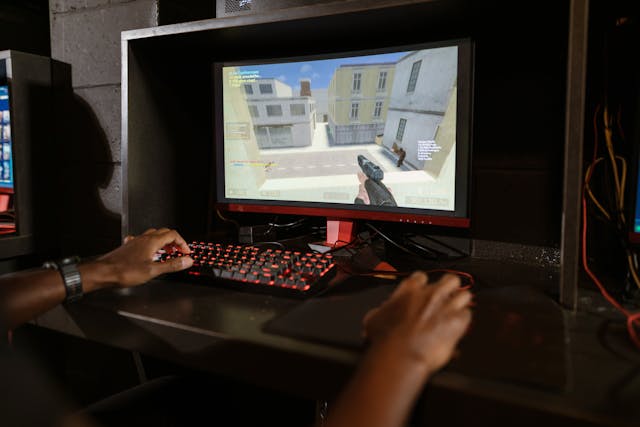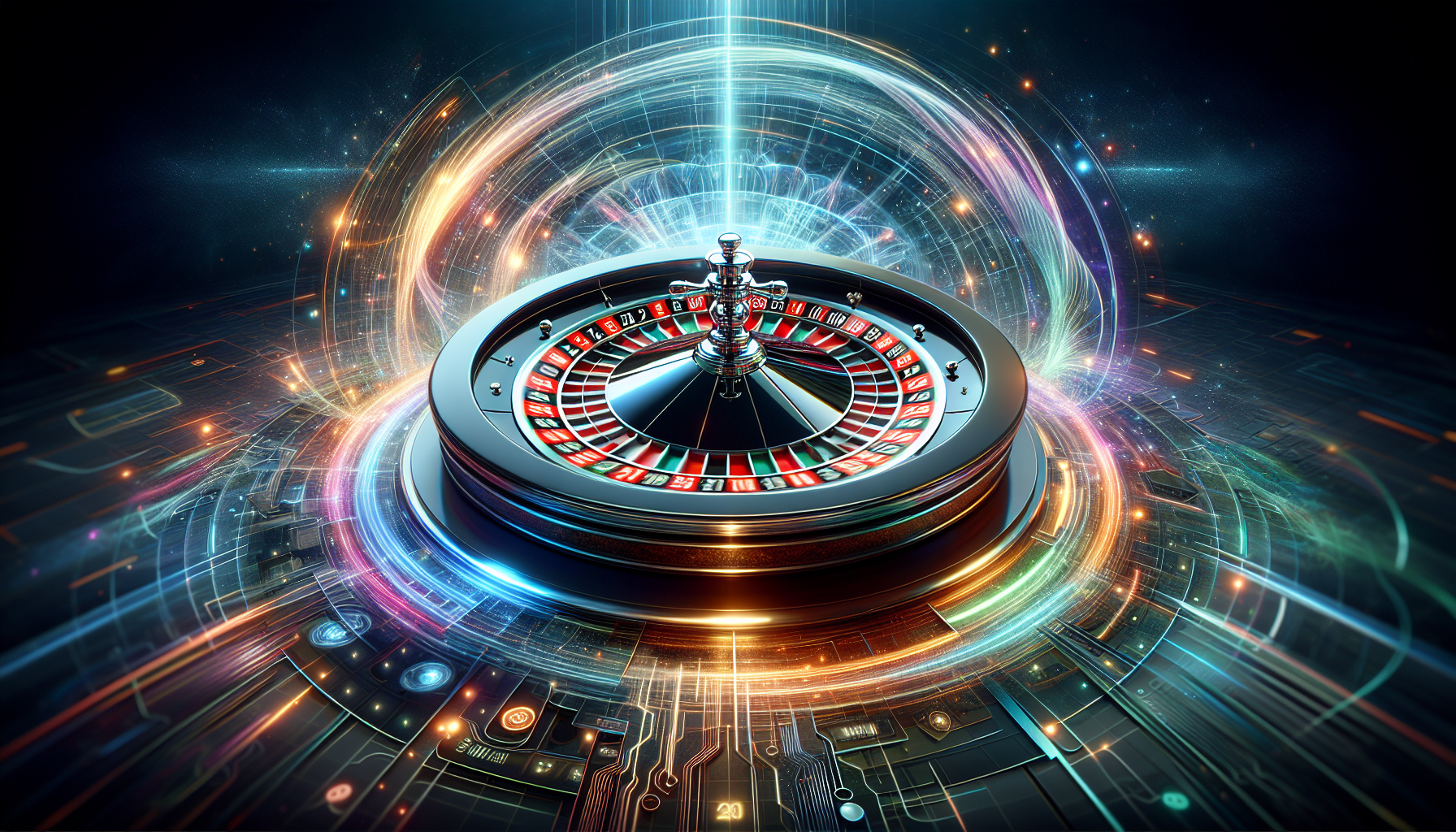The Last of Us 2 is potentially one of the most exceptional missed opportunities in modern gaming. It had the opportunity to present an extremely meaningful and philosophical exploration of the cycle of revenge and what sets it off, but instead mired itself in Druckmann’s self-inserts and “progressive” identity politics. What am I talking about? You are wondering as you ready my execution for heresy. Likely on a pyre if you have any taste, but hear me out on how this could have been a good game.
Imagine if Druckmann wasn’t in charge, and the game mostly played out the same. Abby, the main antagonist throughout the first half of the game, isn’t trans, she isn’t the FDA’s poster child for why steroids are banned in competitive sports. No, she is just a normal girl born into a Christian family trying to uphold the values her father taught her while being consumed by her own hatred.
One thing that is somewhat hypocritical from a good portion of the original’s fans is the objection to Abby killing Joel. These same people will argue Joel massacring the fireflies was a good scene. That when Marlene begged for her life, he executed her to supposedly keep Ellie safe, claiming as he did how they’d never stop coming for her. This we were told was a good ending, and if we didn’t like it or had criticism for it, we didn’t understand the emotional attachment Joel had for Ellie.
Abby was born from that massacre. In a single instance, she lost her father, family friends, and relatives. She watched a psychopath decimate her community. Over the years, she likely watched her friends commit suicide to escape the pain or let themselves be killed. Years upon years of anguish, hatred, resentment, and deep underneath all of it lay a profound sorrow.
When Abby murders Joel as his brother begs for his life after they saved them, that we are now told is an insult to the character. Yet unlike Joel, Abby had years of reason to kill him. Years of reason that were not going to be undone because he saved her life, so she does. She beats him to death with a gulf club as his brother begs her to stop. Just like Joel killed Marlene as she pleaded for her life.
Afterward, Ellie goes on a campaign of retribution, fueling an everlasting cycle of revenge. In that plot element, there was the opportunity to demonstrate to the audience how Joel’s actions from the first game were not noble. That just as he cared for Ellie, those he killed had people that cared for them. Care enough that they would hold a deep hatred against him for years. Then just as Abby cared for her father, despite all their differences, Ellie cared for Joel enough to seek vengeance for his less than noble death. After Abby died, someone would pick up the cycle of hatred for her. For that reason, flawed as it might be, Ellie sparing Abby at the end of the game ends the cycle.
Pragmatically there would be some philosophical holes in the presentation. After all, Joel decimated the Fireflies who had previously not wronged him. Giving Abby a more righteous crusade against him. Yet even in this inconsistency, there is room to make a statement about human nature. How even when someone brought their end upon themselves, their community or family may still take objection to them dying and want revenge against the one who did it.
Arguably fixing the Last of Us 2 doesn’t undo the fact the Fireflies’ plan to create a vaccine through removing a sector of someone’s brain is doomed to failure. At best, it would only give them insights into how the pathogen interacts with human cells. It wouldn’t allow them to create a vaccine. Further, a vaccine wouldn’t work. For the type of infection seen in The Last of Us, you’d need an inhibitor or antigen or more likely an antifungal that targets explicitly the particular strains infecting humans.
Instead, we got a narrative of how men are evil, Christians are bad, and is filled with progressive ideology so sickening even the average person and LGBT community has taken offense to its inclusion. In the end, The Last of Us 2 is nothing more than a woke wasted opportunity to say something and show something profound and lasting. Whether that message would be well-received would be another question.
As it stands, the game’s only legacy will be as an example taught in history classes. An example of how political interjection plagued entertainment and industry.






